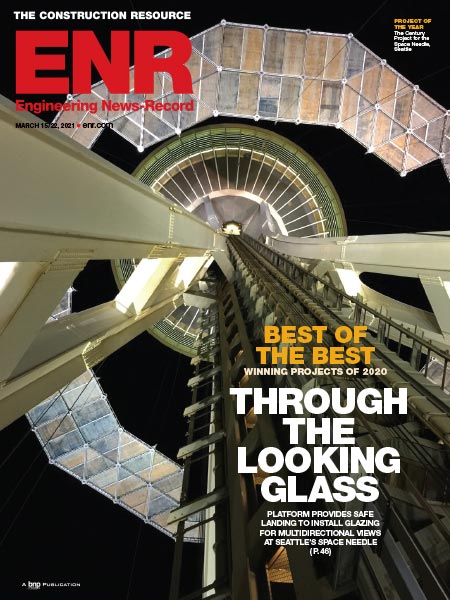"The management should be given to an organization outside the Railway Board to ensure the project is successful," says Vijay Raina, an independent consultant who formerly served as an officer at the rail agency. "Many stringent and cumbersome rules, like the rules on procurement, must be changed because [they] become bottlenecks on some occasions."
Similar approaches have proven successful in the past in India. For example, the Delhi metro rail and the separate Konkan Railway function under independent management structures.
Another challenge involves the project’s financing. India needs to consider how it will repay the Japanese loan as the return on investment may lag until the bullet train triggers the expected economic development along the route. Also, previously, Indian passengers have resisted paying higher ticket prices.
JICA has submitted a preliminary report on the bullet-train project. Two more reports are expected by June, according to Railway Board Chairman Arunendra Kumar.
Japan vs. China
Success in India would pave the way for Japanese rail makers to join the battle against aggressive Chinese companies in other parts of the world. For instance, Japan recently has expressed a desire to bid for a Singapore-Malaysia bullet-train project.
However, China has thrown its hat in the ring on India's high-speed-rail project, proposing a design that combines competitive prices and high standards.
"We are very confident that we are stronger than [Japan] in the field of railways," said senior Chinese railway official Zhou Fangyuan in September. “We have the competitive advantage in the sector of building high-speed rail.”
In fact, India and China have commenced initial talks for another high-speed-rail project that would connect New Delhi with the southern city of Chennai. In a separate case, a proposal for the 500-km-long Chennai-Bangalore-Mysore corridor seeks to double the current speed of 80 km per hour—another project likely to go to Chinese railway builders.
"We will work with multiple partners,” Ashok Kantha, India’s ambassador in Beijing, told ENR. "China can bring to India its expertise and the experience it has gained building a quality rail network in a short period."
China has another reason to woo New Delhi: India has not given its approval to Beijing’s plans to link up the entire region with roads and railroads under its Bangladesh-China-India-Myanmar program.
Through this proposal, China wants to build new routes to move cargo, acquire new business for its construction firms and finally gain access to the Indian Ocean through Myanmar, sources said.


Post a comment to this article
Report Abusive Comment